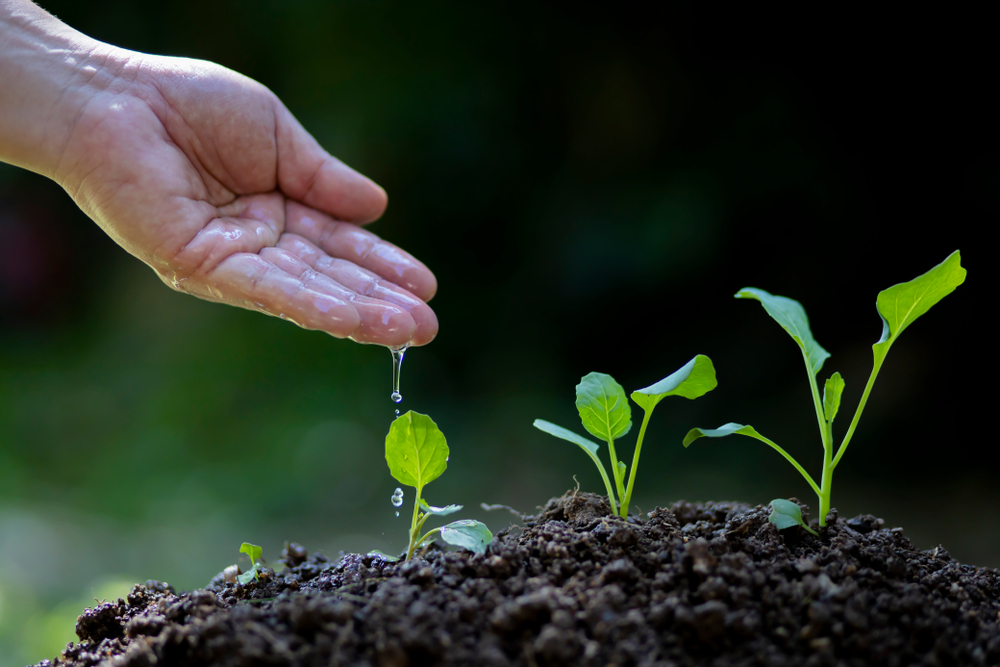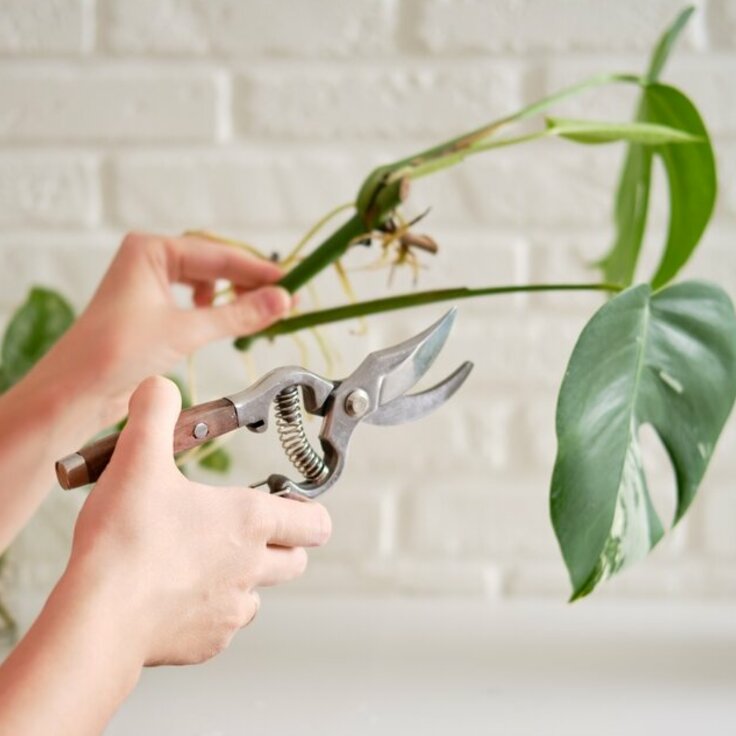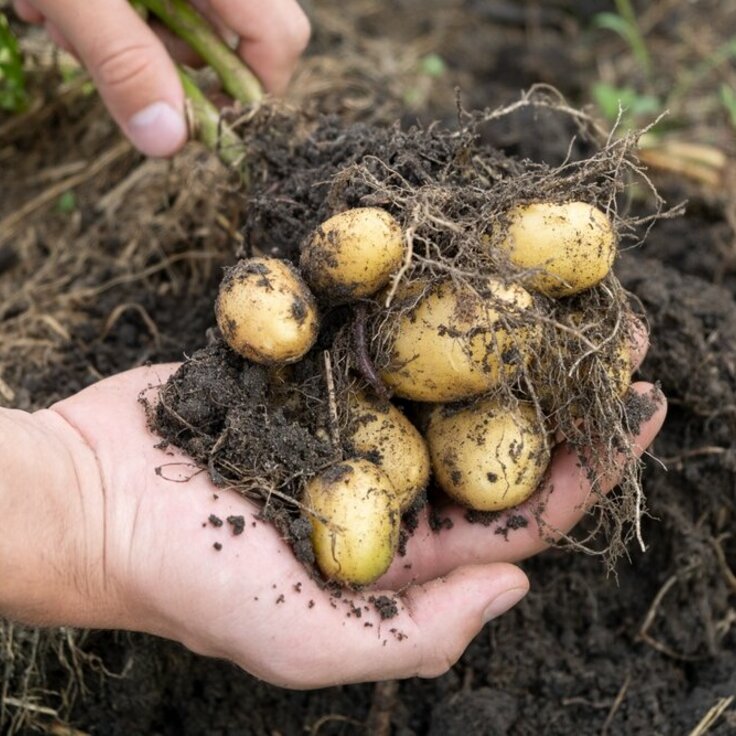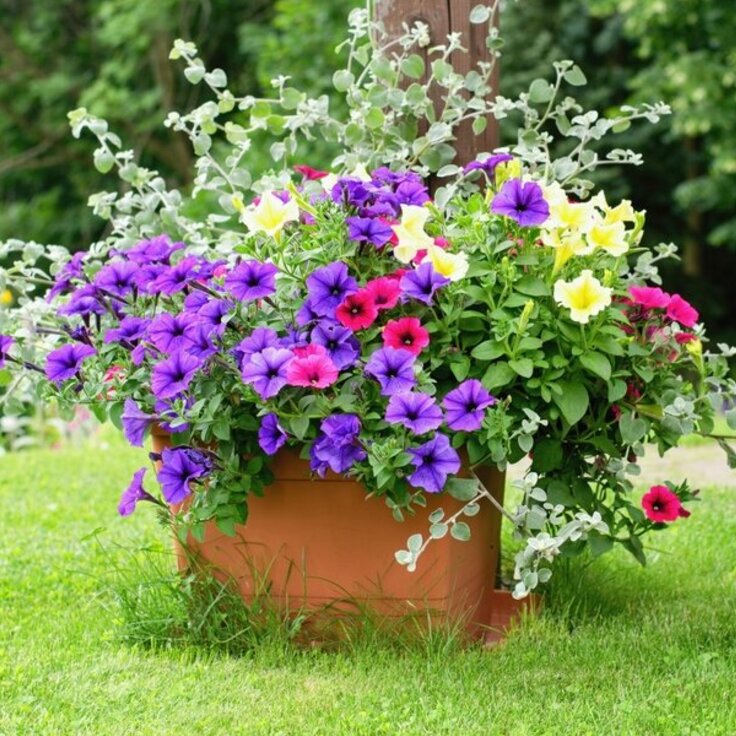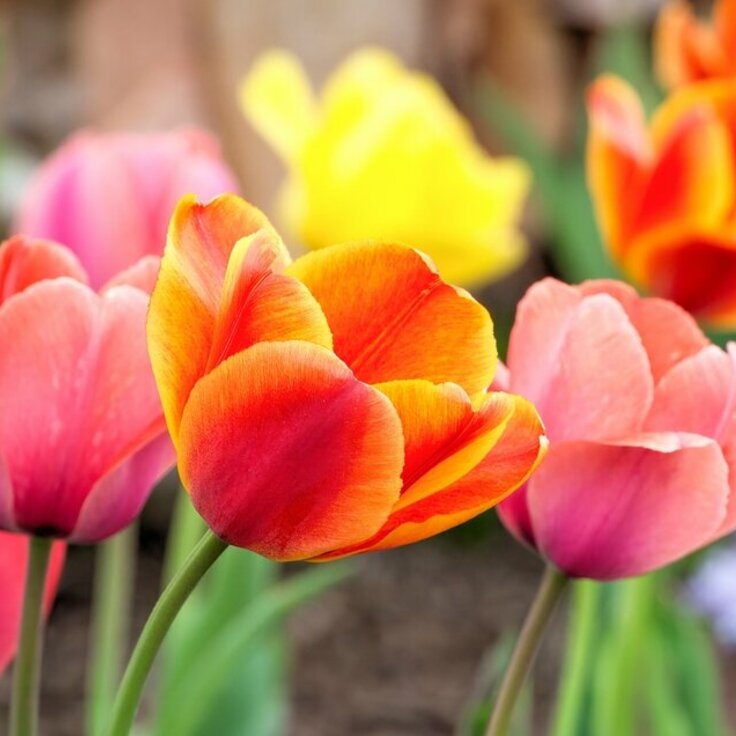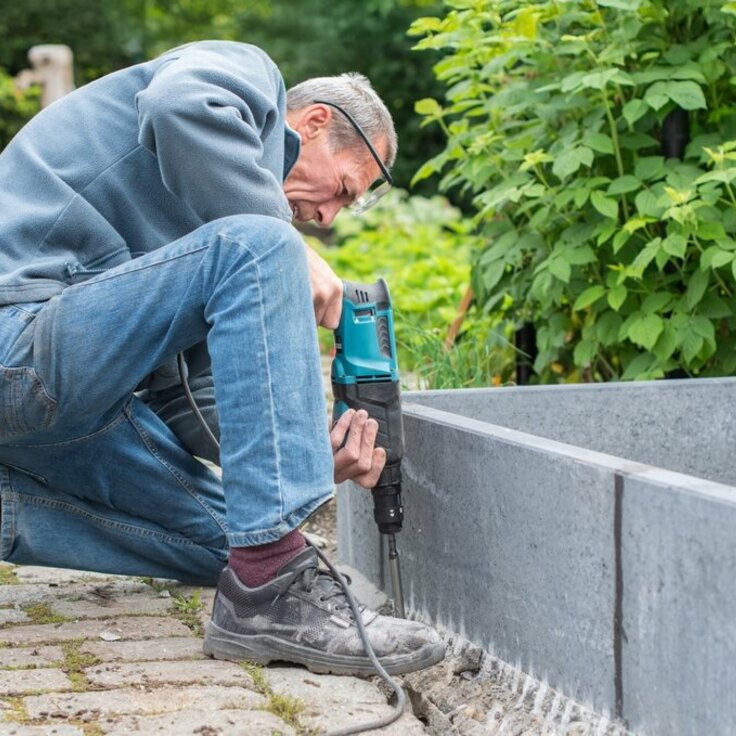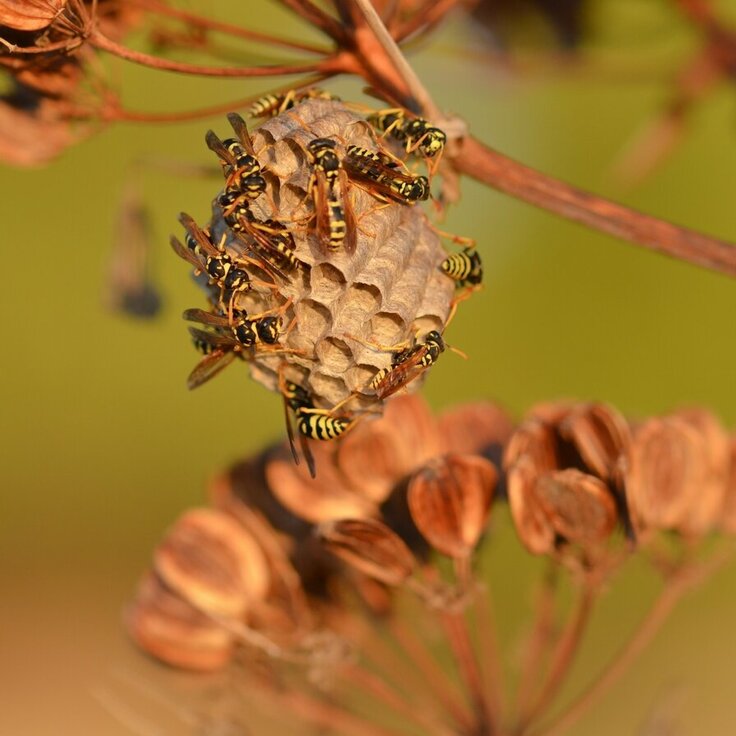Gardening Tips For March That Will Help You Grow Vegetables and Flowers
It's March, and that means spring is here! If you're like most people, you are probably looking for ways to get your garden going. But before you start watering and fertilizing, there are a few things you need to do first. Here are gardening tips for March that will help you grow vegetables and flowers.
How to get your plants started
- Plant your vegetables in the ground as soon as possible. You don't need to wait until April to start growing vegetables, but getting them started early will help you get a head start on your garden.
- Water your plants regularly. Watering your plants will help them make more efficient use of nutrients and increase their growth rate.
- Fertilize your plants regularly. Fertilizing helps to produce more flowers, vegetables, and fruits.
- Keep an eye on your plants and water them when needed. Don't forget to water your plants during the hottest part of the day!
- Mulch your plants to keep them cool and moist. Mulching will help to control weeds and keep the soil healthy.
- Prune your plants regularly. Pruning helps to shape and improve the appearance of your vegetable or flower field.
- Create a compost pile for your vegetables or flowers. Making a compost pile will not only help you recycle materials, but it will also add value to your plant material.
- Try different types of flowers and vegetables for different seasons. There are endless possibilities when it comes to trying out new flower and vegetable combinations!
- experiment with organic gardening methods. Organic gardening has many benefits over traditional gardening methods, such as no toxic chemicals required, greater environmental consciousness, and less environmental impact.
- Get involved with local gardening organizations. Joining a local gardening organization can give you access to
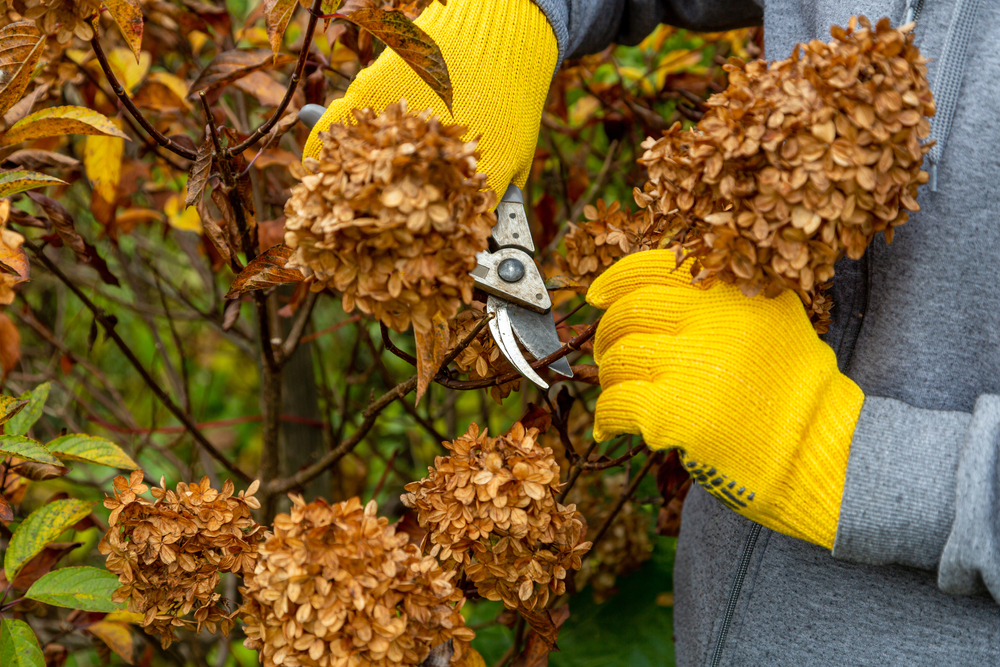
March gardening tips
- Start by planting your vegetables in the ground in late winter or early spring. This will give you a head start on the season and help them to grow more quickly.
- Water your plants regularly and fertilize them regularly to ensure they get the nutrients they need.
- Make sure you have a correct planting spot for your vegetables; if you don't, they will not grow properly.
- Give your plants plenty of sun and wind exposure; these two factors will help your plants to grow and produce more vegetables and flowers.
- Be patient; Gardening is a slow process, so don't expect things to happen overnight.
- Enjoy your vegetables and flowers! They are one of the many blessings that come with growing vegetables and flowers in March.
How to nourish your plants
One of the most important things you can do to help your plants grow is to provide them with the right amount of water. The right amount of water will allow your plants to grow, but it also allows the plants to do their job properly. You need to make sure that you're watering your plants at the correct time of day, and you also need to make sure that you're providing the correct nutrients for your plants. You can provide different types of nutrients with different watering methods, but you should always aim to give your plants a balanced diet in order to ensure healthy and vibrant growth. This way, you'll be able to get the most out of your vegetables and flowers this season!
How to grow vegetables and flowers in March
- Fill your soil with fresh earth.
- Water your plants regularly.
- Change your water schedule as needed.
- Fertilize your plants regularly with a fertilizer that will help them grow taller and wider.
- Support your plants by using mulch or weed barriers to keep the soil moist and free from weeds.
- Plant flowers in early March so they can bloom into beautiful colors in late March or early April.
- Enjoy the fruits of your vegetables and flowers during the month of March!|
How to water your plants
Watering your plants is one of the most important aspects of gardening. You don't want to overwater your plants, or you will kill them. If you over water, you'll also reduce the amount of fertilizer that your plants can use, which will negatively impact their growth and survivability. You should water your plants at least twice a day, depending on the size and type of plant.
How to fertilize your plants
When you fertilize your plants, it's important to use a quality fertilizer that will help your plants grow and thrive. You can find fertilizers that are specifically designed for vegetables or flowers, but the most important thing is to choose the right one. You should also be aware of the plant types that require different levels of fertilization, so you can match the fertilizer to the plant.
Get gardening underway
March is the month to get gardening underway! Here are 15 helpful tips to help you grow vegetables and flowers:
- Start by propagating your plants from seed.
- Water your plants regularly and fertilize them appropriately.
- Increase the number of plants per pot or garden area.
- Keep plants in a light and warm environment.
- Keep plants in a pot or garden container that is easy to move.
- Keep plants in a cool, dark or cold environment when not in use.
- Dig out pots or containers where plants have died and replace them with fresh plants.
- Use a fertilizer that is appropriate for your vegetables and flowers.
- Prune plants regularly to keep them healthy and productive.
- Check the progress of your plants every day or two to ensure they are doing well.

